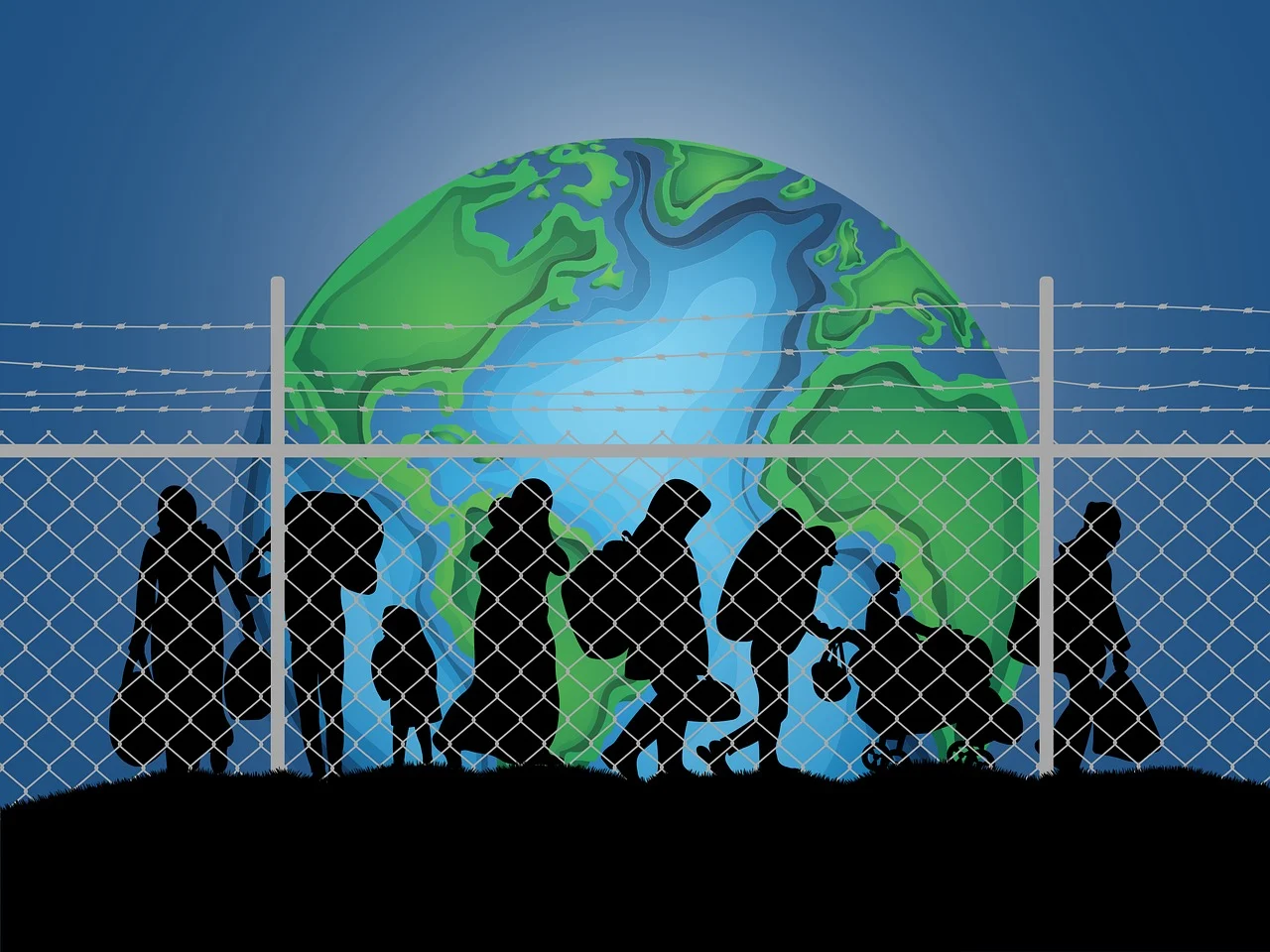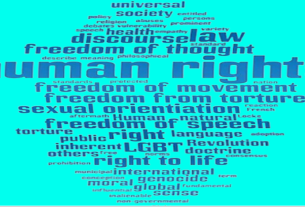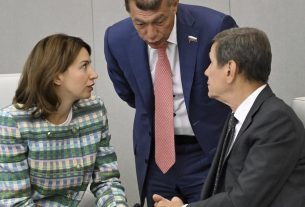London, UK – The UK government is reportedly in talks with Turkey, Vietnam, and officials from the Kurdistan region of Iraq about a controversial plan to pay these countries to help curb the flow of migrants heading towards Britain, according to a report by The Times on Sunday. This development raises serious concerns about the human rights of vulnerable migrants, many of whom are fleeing oppressive regimes or dire situations in their home countries. It also highlights the growing global debate on how to manage migration in a way that respects human dignity while addressing domestic concerns about border control and immigration.
The discussions reportedly focus on financial arrangements aimed at reducing the number of migrants, particularly those traveling via illegal routes to the UK. While these talks may be framed as an attempt to manage illegal immigration, critics warn that such arrangements could exacerbate human rights abuses in countries that are already struggling with political instability and weak human rights protections.
A Troubling Shift: Paying Other Governments to Curb Migration
The idea of paying foreign governments to prevent migration is not new, but its potential adoption by the UK raises a number of ethical and practical concerns. Countries like Turkey, Vietnam, and the Kurdistan region of Iraq are already dealing with their own migration crises, as well as a variety of internal and external challenges, including conflict, economic instability, and authoritarian governance.
By offering payments to these countries, the UK risks endorsing repressive tactics aimed at suppressing the movement of refugees and migrants. While the UK government may argue that such measures are necessary to protect its borders and reduce illegal immigration, human rights advocates warn that this could lead to further suppression of individuals seeking refuge from oppression.
In countries like Vietnam, where freedom of expression and political dissent are tightly controlled, any move to restrict migration could lead to a further erosion of fundamental human rights. Similarly, in Kurdistan, where internal political conflicts and regional tensions remain high, migrants seeking safety could face increasingly difficult conditions if their ability to leave is curtailed.
The High Cost of Illegal Migration
Another crucial point of contention is the cost of illegal migration. Many migrants, especially those from economically deprived or politically unstable countries, resort to dangerous and illegal routes in search of a better life. According to various reports from the International Organization for Migration (IOM) and Human Rights Watch, the cost of crossing through illegal channels can be exorbitant, often exceeding what migrants would pay for legitimate visa or immigration processing.
For example, many migrants from Middle Eastern or African countries seeking to reach Europe and the UK are forced to rely on smugglers who charge high fees for dangerous journeys across the Mediterranean Sea or through treacherous land routes. These migrants often pay a heavy price in both financial terms and in human suffering, facing exploitation, abuse, and the constant threat of human trafficking. Some even die in the process, either through the harsh conditions of the journey or at the hands of traffickers.
If the application process for legal migration were more streamlined, transparent, and humane, migrants would be less likely to fall into the hands of smugglers and human traffickers. Many would opt to follow legal pathways if they were simpler and more accessible, thus avoiding the dangerous and expensive underground networks that currently facilitate illegal migration. Legal migration pathways would also enable governments to better track and support migrants, ensuring their safety and reducing the exploitation they often face.
A Call for Revision of Visa Policies
The root cause of the illegal migration crisis lies in the complex and often opaque visa application systems in many countries, including the UK and other European Union (EU) nations. Migrants, many of whom are fleeing political repression, armed conflict, or economic deprivation, often find themselves blocked by long and complicated visa procedures that can take months or even years to navigate. In many cases, visa applications are denied outright or subjected to arbitrary delays, making it nearly impossible for individuals to pursue legal migration.
Rather than focusing on paying foreign governments to control migration, experts argue that EU countries and the UK should overhaul their visa policies to create more humane and efficient pathways for migration. This would include the introduction of clearer, faster, and fairer application processes that prioritize the needs of vulnerable individuals, such as refugees and asylum seekers, while also ensuring that migration remains manageable and secure.
Human Rights Implications of Limiting Migration
The ethical concerns surrounding the UK government’s proposed plan also extend to the human rights implications of restricting migration. Many of the individuals seeking to enter the UK through illegal channels are fleeing repressive regimes, violent conflicts, or economic hardship. In these contexts, migration is not a matter of choice but a matter of survival. Restricting the ability of these individuals to seek refuge in a safe country could violate their right to seek asylum, a fundamental human right enshrined in international law under the 1951 Refugee Convention.
For example, human rights organizations have repeatedly raised concerns about the treatment of migrants in countries like Turkey, which hosts the largest number of refugees in the world, primarily from Syria. Although Turkey has made strides in providing shelter for refugees, the conditions in refugee camps remain dire, and the country has faced criticism for its treatment of refugees and migrants. The UK’s efforts to pay Turkey to prevent migrants from moving westward could incentivize further human rights abuses, including detention or forced deportation of refugees back to conflict zones or unsafe areas.
Streamlining Legal Migration for a Better Future
The key to addressing the global migration crisis lies not in further restricting the movement of vulnerable individuals but in creating legal, accessible migration pathways that enable people to enter countries safely and with dignity. A streamlined visa process could reduce the demand for dangerous smuggling operations, ensure that migrants are treated fairly, and allow governments to better manage immigration flows.
A more humane approach to migration would involve a combination of practical measures, such as temporary work visas, family reunification programs, and more efficient asylum processes, alongside long-term international cooperation to address the root causes of migration, including conflict, economic inequality, and climate change.
If the UK and EU nations can come together to create a humane migration policy, it would not only ease the burden on struggling migrants but also enhance their ability to integrate into societies, contribute to their economies, and build better futures for themselves and their families.
Conclusion
As discussions continue about how to manage migration to the UK, it is crucial that governments prioritize the human rights of migrants over short-term political goals. Paying foreign governments to suppress migration may address immediate concerns about border security, but it risks exacerbating the suffering of vulnerable individuals and undermining their fundamental rights. Instead, the UK and EU must rethink their visa policies and create simpler, more transparent migration pathways that uphold the dignity and rights of those seeking a better life.
By doing so, they can create a more humane and practical approach to migration, ensuring that all people have the opportunity to build a better future—without the need to risk their lives on dangerous and illegal routes.
Sources:
- The Times – “UK Government in Talks to Pay Countries to Stop Migrants Heading to Britain” (2024)
- Human Rights Watch – “The Costs of Migration: The Dangerous Routes to Europe” (2023)
- International Organization for Migration (IOM) – “Migration Trends in Europe and the Middle East” (2023)
- United Nations Refugee Agency (UNHCR) – “The Right to Seek Asylum: A Global Human Right” (2024)
- The Guardian – “UK Visa Policies and the Barriers to Legal Migration” (2023)



